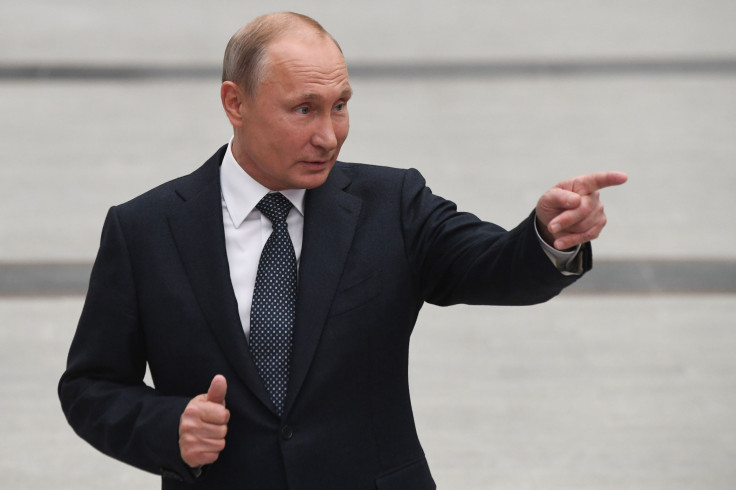Energy News: Russia, Saudi Arabia Agree On Curbing Oil Output Up To Nine Months, Vladimir Putin Says

While at the G20 summit in Japan, Russian President Vladimir Putin said that he has reached an agreement with Saudi Arabia to extend a deal that would curb oil production for six to nine months.
"We will support the extension, both Russia and Saudi Arabia. As far as the length of the extension is concerned, we have to determine if it will be six or nine months. Maybe it will be nine months," Putin said after meeting with Saudi Crown Prince Mohammed bin Salman.
Russia and Saudi Arabia are two of the world's largest oil exporters and members of the Organization of the Petroleum Exporting Countries (OPEC). The extension will apply to a deal the two countries have already made that was set to expire Sunday.
The two countries hope to cut production in order to counter the U.S. fracking industry and to cause prices to increase. On July 1 and 2, OPEC plus, an organization that includes the OPEC countries along with other oil producing nations, will meet in Vienna to discuss the deal.
"The OPEC [plus] agreement has helped push prices higher at little cost to output, which has been a boon to the Russian economy, " William J. Stanley, Associate Fellow at the Center for Strategic and International Studies (CSIS) in Washington, D.C., said about the current deal. "The arrangement has also allowed Russia to create a platform to build alliances in the Middle East, while still being able to maneuver on the oil markets and within the agreement to benefit from openings when they arise."
Fracking in the U.S. has threatened OPEC's control of the world's oil prices. The majority of the world's oil production since 2008 now comes from the U.S.
The U.S. is responsible for 60% of the 10.3 million barrels per day of new oil production between 2008 and 2018.
In April, the U.S. surpassed 12 million barrels per day, a new monthly record.
© Copyright IBTimes 2025. All rights reserved.




















